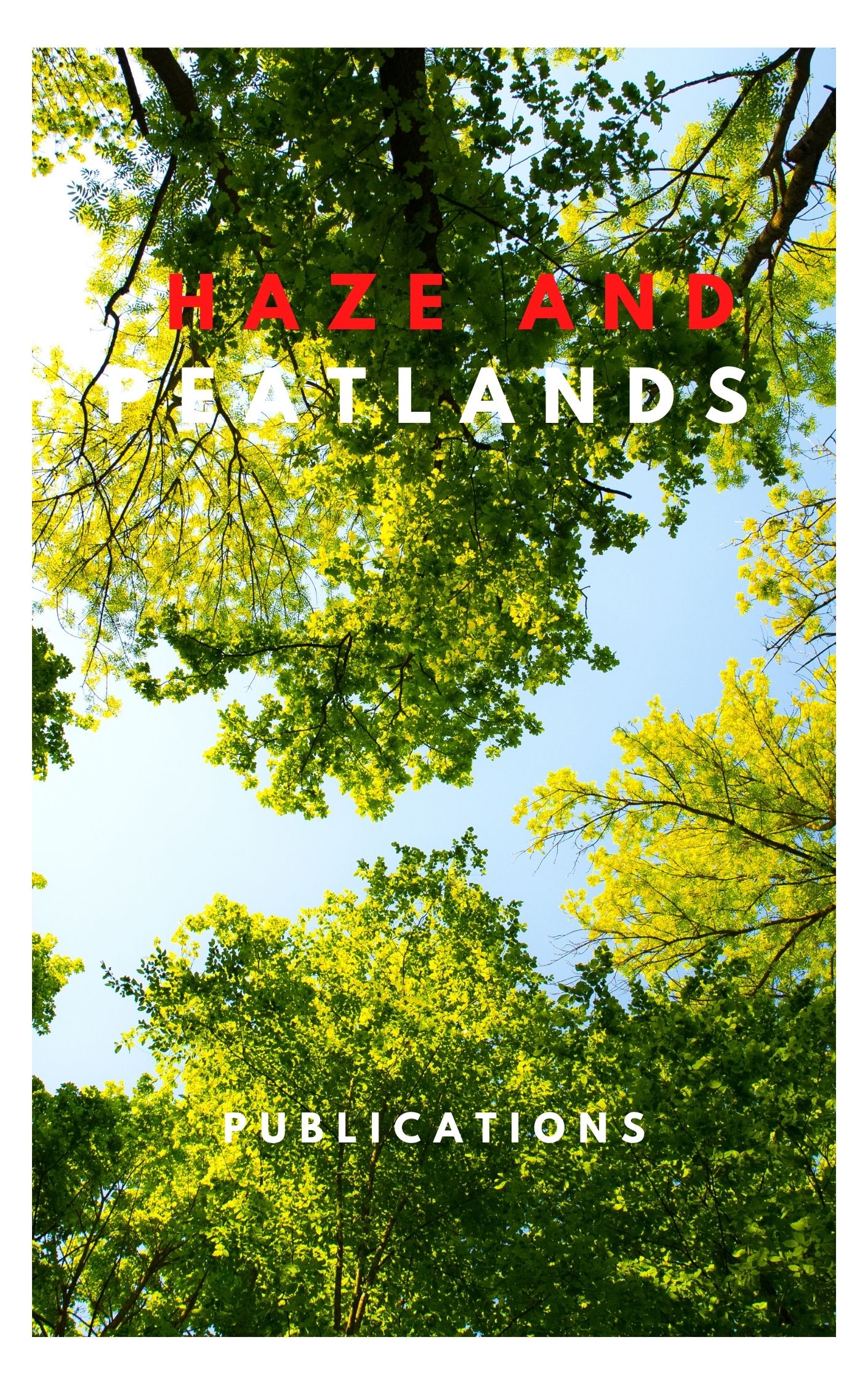There exist thousands of valuation studies for environmental goods and services, but the degree to which these have influenced policy is uncertain, especially in developing countries. Here, we demonstrate that a rapid assessment of the benefits of standing forests in the highlands of Borneo is feasible and can provide useful and timely information for conservation policy decisions. We used existing biophysical and economic information to characterize values associated with forests in areas proposed for oil palm plantation development. We focused on three classes of benefits: avoided damages associated with increased greenhouse gas emissions (carbon storage), avoided damages associated with increased fires, and the economic benefits of forest-agriculture mosaics. Carbon storage values dominated the overall value of standing forests and were of similar magnitude to benefits from oil palm plantations. Other values were smaller but nevertheless important to different stakeholder groups. We document how the results were used to influence the Indonesian government's policy on oil palm plantations in the highlands of Borneo. While we cannot quantify the precise policy impact of the valuation work, it appears to have played a role in the decision to shelve the oil palm project.
View source

